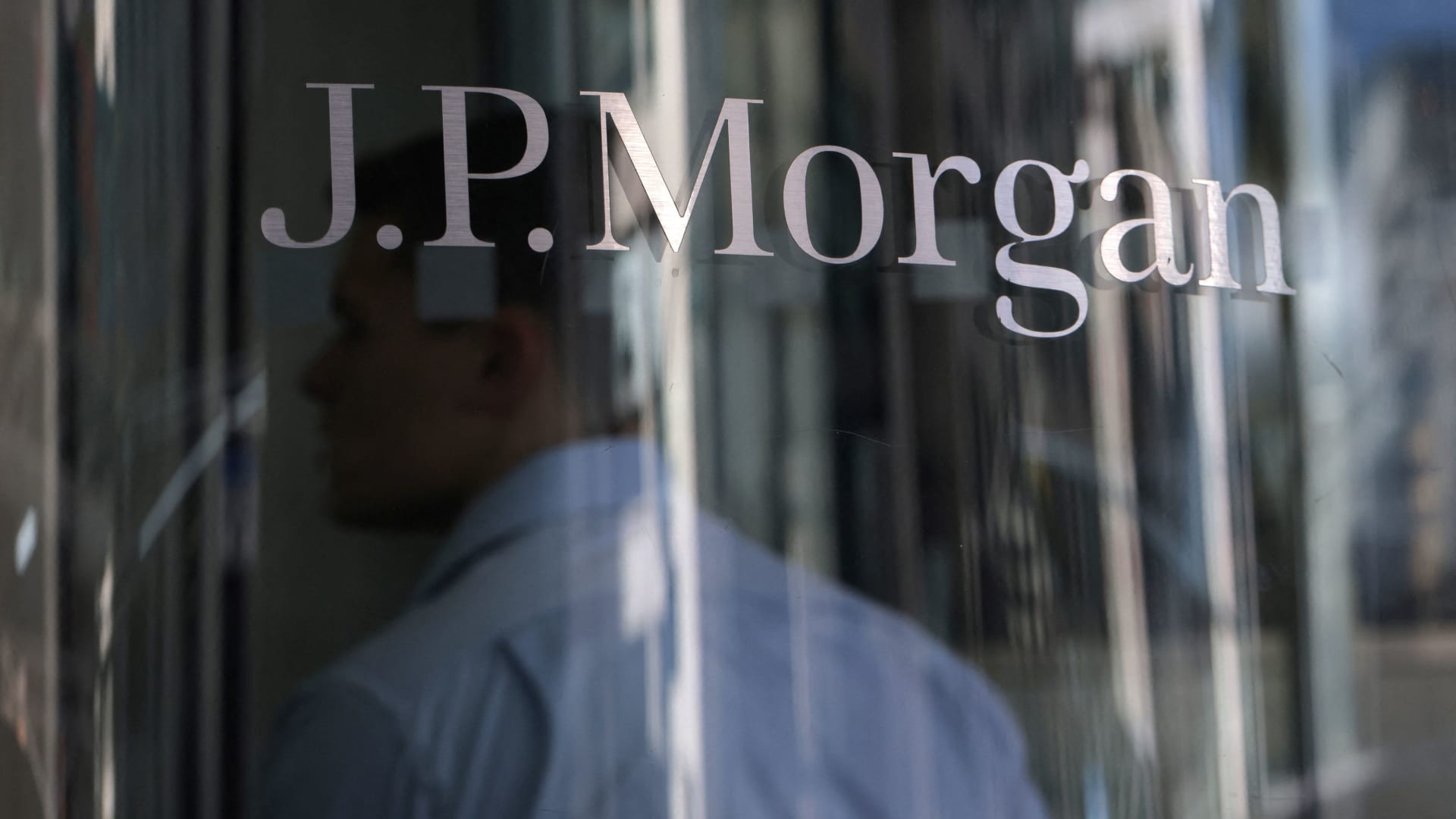A person enters the JPMorgan Chase headquarters in New York, June 30, 2022.
Andrew Kelly | Reuters
This report is from today’s CNBC Daily Open, our new, international markets newsletter. CNBC Daily Open brings investors up to speed on everything they need to know, no matter where they are. Like what you see? You can subscribe here.
What you need to know today
The Chinese economy slows
China’s second-quarter gross domestic product grew 6.3% from a year ago, falling short of the 7.3% increase analysts had expected. Moreover, the number looks impressive on a year-on-year basis only because Shanghai was in lockdown this time last year. When tabulated month over month, GDP grew only 0.8%, much slower than the 2.2% increase in the first quarter.
Caged bird
Twitter’s experiencing negative cash flow because of an approximately 50% drop in advertising revenue and “heavy debt,” Elon Musk said Saturday morning. Musk, who is Twitter’s CTO and executive chairman, told a BBC reporter in April that the company’s “roughly breakeven” and expected to have positive cash flow within the next quarter.
Thawing Activision Blizzard deal
Microsoft’s one step closer to acquiring Activision Blizzard. The U.S. Appeals Court on Friday denied the Federal Trade Commission’s motion to stop the $68.7 billion deal, while Britain’s competition regulator said it would consider Microsoft’s proposals to “restructure the transaction.” Meanwhile, Sony’s signed a 10-year agreement with Microsoft to keep Activision’s Call of Duty on the PlayStation console.
[PRO] Retail therapy
China’s economy may be slowing, but the country’s “premium” spenders are still splashing out on goods, according to Bernstein. The private wealth management firm estimates there are 263 million people in that category, who are spending on products from these companies and potentially boosting their shares.
The bottom line
Despite big banks posting solid earnings for their second quarter, they didn’t reap rewards in stock markets Friday.
Citigroup’s earnings and revenue beat expectations. Its shares sank 4.05%. Likewise, Wells Fargo reported better-than-expected earnings and revenue, and raised its guidance for full-year net interest income. Still, market response was muted. Shares of Wells Fargo slipped 0.34%
Even JPMorgan, the grand dame of U.S. banks, didn’t manage to rouse investor interest. Its net income soared 67% year over year; its stock inched up 0.6%.
Why aren’t investors more excited about banks?
The memory of March’s banking turmoil, I think, still lingers. Higher interest rates may benefit big banks because their deposits are relatively sticky compared with those at regional banks — such as the ill-fated Silicon Valley Bank.
But high rates are also deepening commercial real estate debt, impeding dealmaking and lowering loan demand — all headwinds for banks, regardless of their size. It’s hard, in other words, to muster enthusiasm over banks when rates are still at historically high levels.
Another reason for the disinterest in the banking sector, I think, is because stocks are essentially promises of future earnings. And there’s nothing new or exciting that banks can do, really, to generate income.
In fact, I’d argue that banks are supposed to be boring. No one wants the place where they entrust their money to be exciting. The banks that collapsed this year were all, loosely speaking, deviating from boring banking business: Focusing on tech startups, the crypto industry, or — in the case of Credit Suisse — just straightforwardly plagued by scandals.
It’s maybe not a bad thing, then, that investors aren’t piling into big banks.

